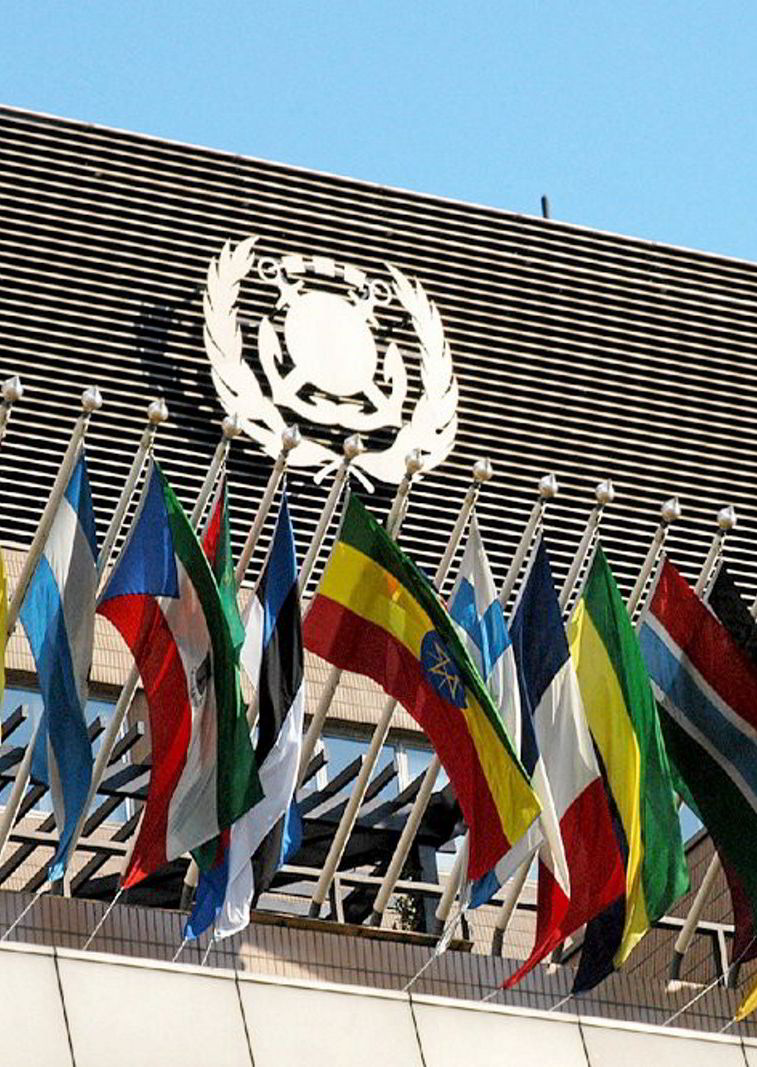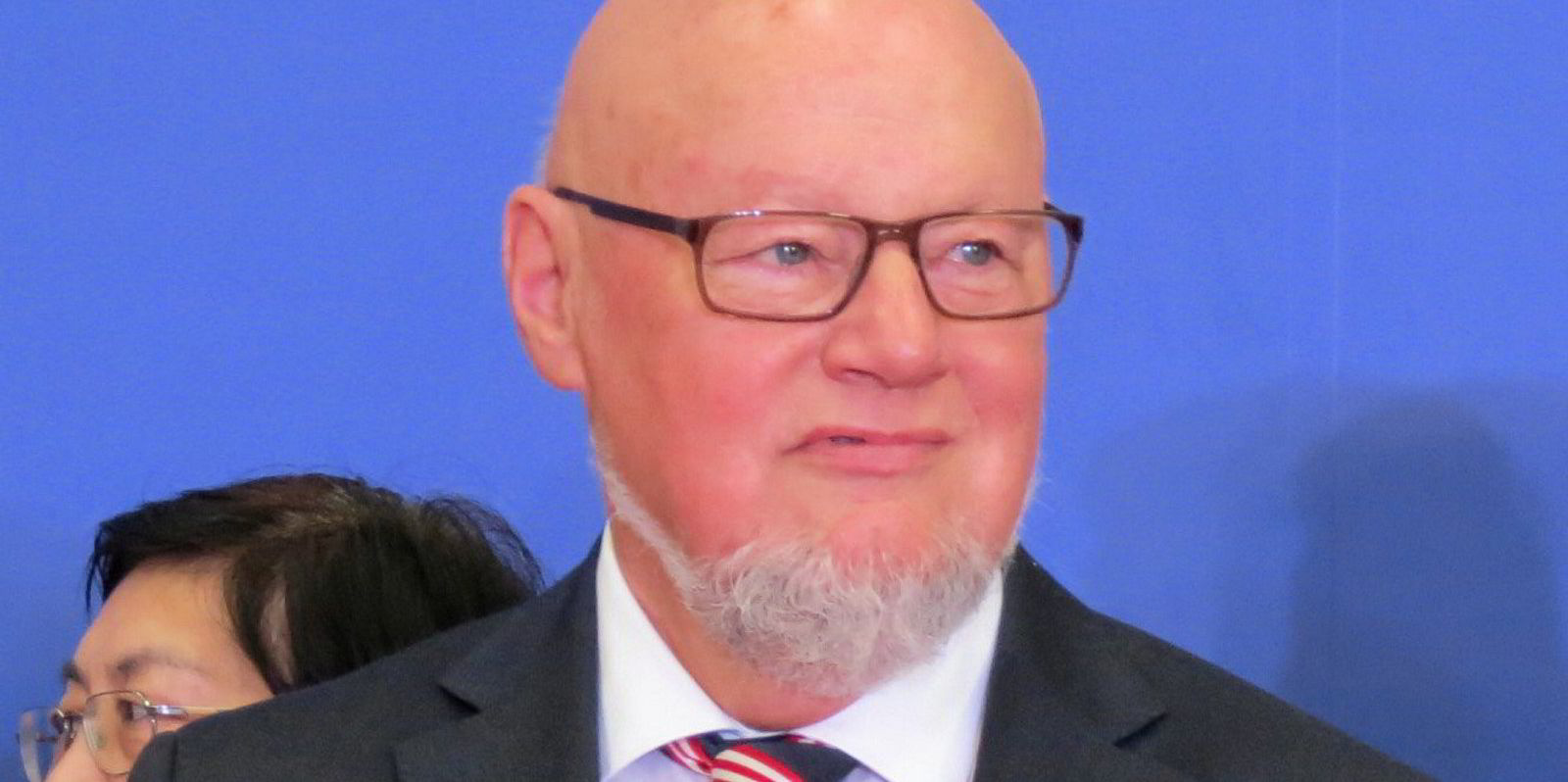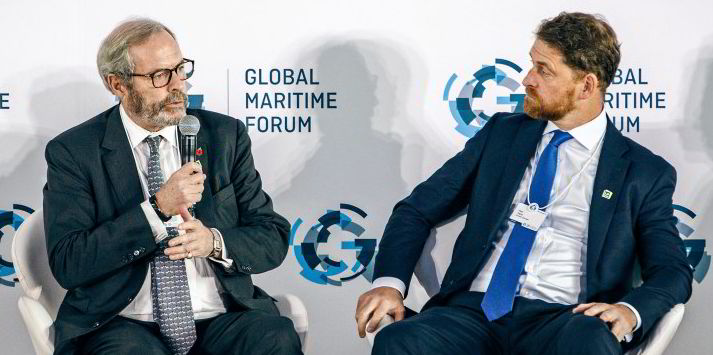The International Maritime Organization is being urged to prioritise setting up a funded research and development system over introducing a carbon levy at its next meeting following the COP26 climate talks.
John Bradshaw, World Shipping Council technical director — safety & environment, said it was imperative the R&D structure for the International Maritime Research Board (IMRB) be agreed at the Marine Environment Protection Committee (MEPC77) meeting later this month.
International Chamber of Shipping deputy secretary general, Simon Bennett said the ICS, which has proposed the IMO move to a target of zero emissions by 2050 and impose a carbon levy to help get there, agreed that a deal on the IMRB was needed first.
"This [the IMRB] is a very urgent matter. We need to get agreement — this could be agreed — at MEPC77," said Bradshaw at the Ship Zero Conference in Glasgow. "We need this massive R&D increase to facilitate the transition [to decarbonisation].
"This is not a market-based measure [MBM]. It is purely intended to fund R&D," he added of the structure to raise as little as $2 per metric tonne from ship bunkering to raise $5bn. The funds will be used to develop new fuels and technologies required to get to zero emissions.
While detailing the ICS' proposals for a carbon levy, Bennet concluded: "The immediate priority for the IMO has to be the approval of the IMRF, otherwise any kind of net-zero target is going to be an empty gesture."
The IMRF is an international maritime research fund that would provide the industry financing for the IMRB research unit.
'Ticks all the boxes'
Bradshaw said the IMRB ticks all the boxes for accelerating R&D, saying that less than $2bn a year is currently spent on research into shipping compared with $130bn for the automotive industry. Support for the IMRB would not prejudice any positions states took on MBMs, he added.
If the IMRB was adopted at MEPC77, Bradshaw said fund raising could start within 18 months and he expected allow first disbursements for R&D projects to be made by an expert panel around mid-2024.

Bennett said the IMRB needed to be put in place before a carbon levy was agreed that could help equalise the price of fossil and alternative fuels.
He was speaking at the Zero Emissions Ship Technology Association conference being held alongside the COP26 climate talks.
The ICS has not set a quantum for a levy, but Bennett said he personally felt that a separate proposal by the Marshall and Solomon Islands for a levy of $100 per tonne of CO2 on marine fuel beginning in 2025 was a good starting point for negotiations. It would equate to $300 per tonne of fuel.
Bennett said the price on carbon was a political decision for IMO member states, but that the ICS proposals set out a robust architecture for an automated system to raise the levy on bunker sales with flag states overseeing compliance.
Michael Prehn, IMO representative for the Solomon Islands, said it was important the IMO decided on principles first before setting details to ensure that eliminating price differences did not just end up with subsidies being applied to greener fuels, but the price of heavy fuel oil falling to very low levels in response.
Levy 'not a tax'
He said its proposal was not a tax as funds would flow through the IMO to the United Nations to use for projects such as retrofitting ships, infrastructure investment and capacity development in countries that required support.
"Whether we do something or do nothing, it is going to get very expensive, and countries are going to have to decide whether they want their taxpayers or their consumers to pay," Prehn said.
"What we really want is a mechanism whereby the consumers, or taxpayers, in the wealthy states feel the pain because they won't notice. And we need that money to be transferred to those who are most climate-vulnerable so they can make the transition."
Bennett stressed that any MBM would likely need to last 30 years which could be a problem for any cap-and-trade systems as they could cause massive fuel-price volatility and problems might emerge with the withdrawal of carbon allowances over time.
If zero emission technologies did not keep up with the withdrawal of allowances, there would be a danger that maritime trade would have to be rationed, which would hit all nations, he said.






